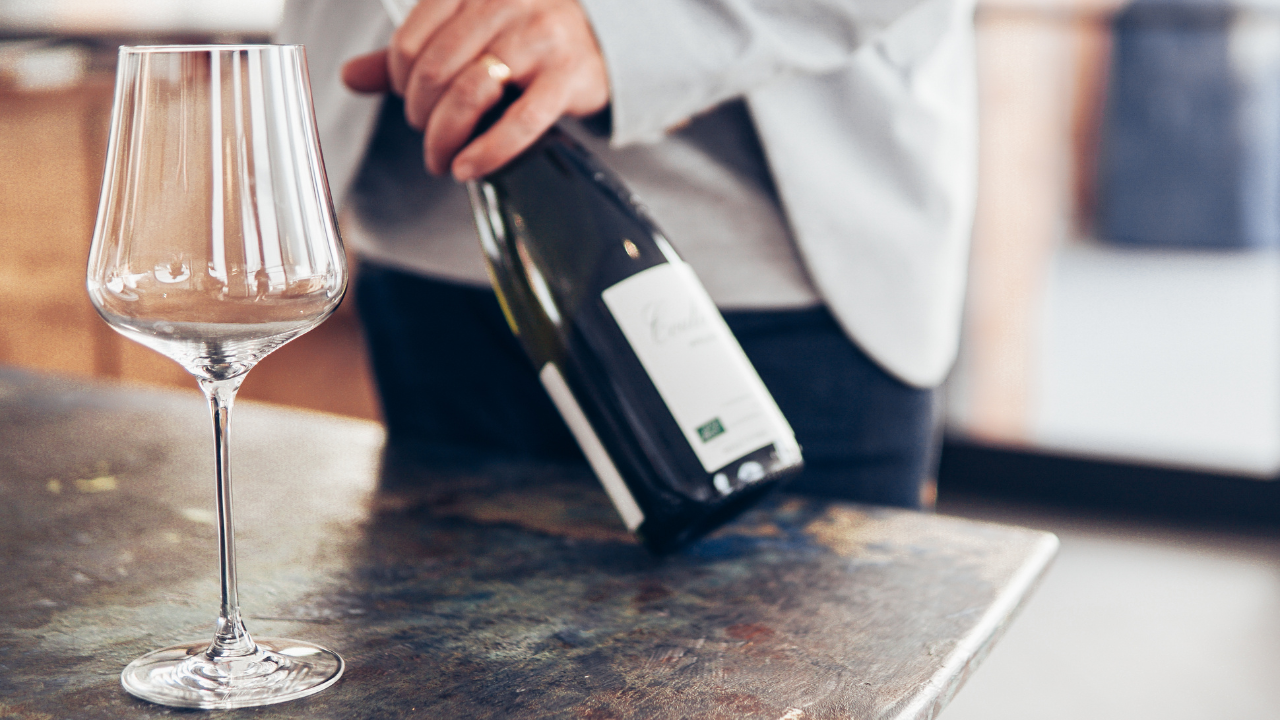When should you start serving wine during aperitif?
We also use our Wine Blog to answer the most interesting questions that our online wine shop customers ask us. We think that some questions are of general interest and usefulness, so much so that they deserve a specific analysis.
A few days ago we received the following questions on our social media channels: when is the right time to open the bottle of wine for the aperitif? Is there a rule about when to open the wine for the aperitif? Is it necessary to wait until all the guests have arrived before starting to serve the wine?
We asked these questions to the sommeliers and experts in our editorial team. Important indications emerged that resolved every possible doubt. Below, we explain when to open the bottle and when to start serving the wine for the aperitif.
Read our article.
When is the right time to start serving wine for the aperitif?
Imagine you have invited guests to your home. You want to serve the pre-dinner aperitif to create a convivial and pleasant atmosphere. The guests arrive one by one. The appetizers and the wine you prepared for the aperitif are ready. You don't know whether to open the bottle when the first guests arrive or wait for everyone to arrive. What should you do in these cases? What do you usually do? There are those who serve the wine as soon as the first guests arrive and those who, instead, wait for them all.
What is the right time according to Wine Etiquette?
There is a specific rule of Wine Etiquette that regulates this specific situation and suggests what should be done. The rule of Wine Etiquette is the following:
you should start serving the wine for the aperitif when the first guest arrives. You don't have to wait for all the guests!
Wine etiquette says that the aperitif begins with the arrival of the first guest, so all the operations of serving drinks and appetizers begin at that same moment. If you are invited to an aperitif and you arrive after some other guest, you should not be upset if the wine has already been opened and served.
If you do not know this rule, you might think that it is more elegant to wait for all the guests to arrive before serving the aperitif wine, like someone who waits for everyone before starting dinner. However, the two moments are not comparable, because they have different purposes and functions, and therefore are subject to different rules.
In the next paragraph we explain why you should start serving the aperitif wine when the first guest arrives and why you should not wait for all the guests before serving the aperitif wine.
Why shouldn’t you wait for all your guests before serving the aperitif wine?
After having revealed the rule of Wine Etiquette, let's try to explain why you shouldn't wait for all the guests to open and serve the bottle of wine you have chosen for the aperitif.
You shouldn't wait for all the guests to arrive before serving the wine for the aperitif for:
● GIVE AN IMMEDIATE WELCOME
The aperitif is a welcoming ritual. It serves to entertain guests who arrive gradually, creating a pleasant and convivial atmosphere, in which to socialize. For this reason, the service of food and drinks planned for the occasion should be done immediately, as soon as the first guest arrives at the place and at the established time.
● AVOID MAKING YOUR GUESTS WAIT
The aperitif differs from a formal lunch or dinner, where you usually wait for all guests to be present before starting, unless there are significant delays. The aperitif is a more informal and relaxed moment, which accompanies guests towards the meal. If a guest arrives on time and has to wait too long, he or she could become bored, feel uncomfortable or not adequately welcomed. In this case, the sense of welcome that should characterize the aperitif would be lost.
● ACKNOWLEDGE THE IMPORTANCE OF PUNTUALITY
Another of the golden rules of the aperitif is maximum punctuality. Guests should arrive at the scheduled time. At most, it is acceptable to arrive a few minutes early or a few minutes later, but not too early or too late. Arriving too early could cause an inconvenience because the person hosting the aperitif could still be busy with preparations. On the other hand, arriving excessively late is not polite and is not a good habit in any social situation.
Serving wine when the first guests arrive on time shows that you appreciate their punctuality. At the same time, this rule helps reduce the possible feeling of discomfort and embarrassment that those who arrive late may feel, as it relieves them of the “burden” of having made others wait before starting the service.
If you liked our article and if you want to continue to receive news, updates and curiosities about the world of wine, subscribe to the Wineshop.it wine newsletter. Lots of content and offers await you!










